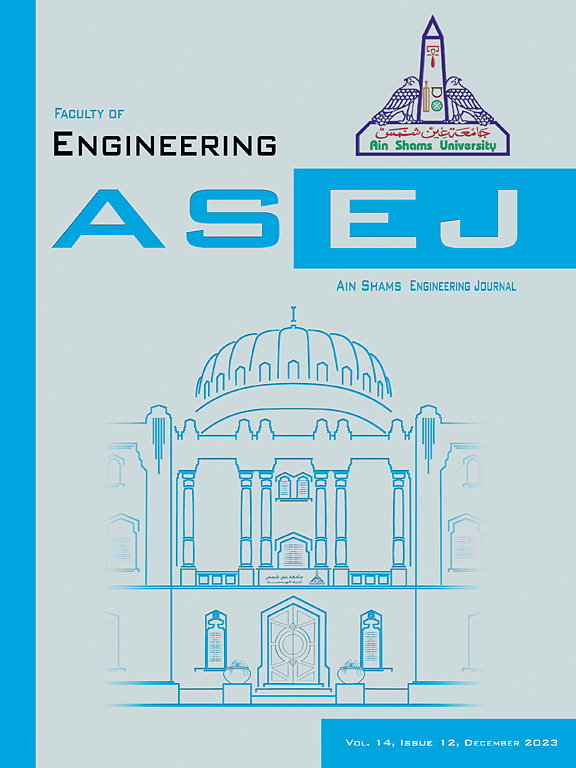Hybrid error estimates of Weddle's formula and their applications for various classes of functions
IF 6
2区 工程技术
Q1 ENGINEERING, MULTIDISCIPLINARY
引用次数: 0
Abstract
This study presents new bounds on Weddle's type formula for differentiable functions using proportional Caputo-Hybrid operators (). These operators provide hybrid estimates; for , they yield first-derivative estimates, while for , they approximate the second derivative. By applying , we generalize Weddle's formula for optimal approximations, particularly for polynomials of degree six. This enhances its applicability when Simpson's 1/3 rule fails to achieve the required precision. Our findings extend Weddle's formula to a broader class of functions, improving error bounds in inequality theory and calculus. We demonstrate applications in special means and functions, validating our approach through rigorous computational analysis. Additionally, we propose future research directions, including extensions to q-calculus, symmetrized q-calculus, and multiplicative calculus, as well as exploring multidimensional spaces using alternative fractional integral operators.
Weddle公式的混合误差估计及其在各类函数中的应用
利用比例Caputo-Hybrid算子(Pcap)给出了可微函数的Weddle型公式的新界。这些运营商提供混合估算;对于α=1,它们产生一阶导数估计,而对于α=0,它们近似二阶导数。通过应用Pcap,我们推广了Weddle公式的最优逼近,特别是对于六次多项式。这增强了辛普森1/3规则不能达到所需精度时的适用性。我们的发现将Weddle公式扩展到更广泛的函数类别,改进了不等式理论和微积分中的误差界限。我们演示了在特殊手段和功能中的应用,通过严格的计算分析验证了我们的方法。此外,我们提出了未来的研究方向,包括扩展到q-微积分,对称q-微积分和乘法微积分,以及使用可选分数阶积分算子探索多维空间。
本文章由计算机程序翻译,如有差异,请以英文原文为准。
求助全文
约1分钟内获得全文
求助全文
来源期刊

Ain Shams Engineering Journal
Engineering-General Engineering
CiteScore
10.80
自引率
13.30%
发文量
441
审稿时长
49 weeks
期刊介绍:
in Shams Engineering Journal is an international journal devoted to publication of peer reviewed original high-quality research papers and review papers in both traditional topics and those of emerging science and technology. Areas of both theoretical and fundamental interest as well as those concerning industrial applications, emerging instrumental techniques and those which have some practical application to an aspect of human endeavor, such as the preservation of the environment, health, waste disposal are welcome. The overall focus is on original and rigorous scientific research results which have generic significance.
Ain Shams Engineering Journal focuses upon aspects of mechanical engineering, electrical engineering, civil engineering, chemical engineering, petroleum engineering, environmental engineering, architectural and urban planning engineering. Papers in which knowledge from other disciplines is integrated with engineering are especially welcome like nanotechnology, material sciences, and computational methods as well as applied basic sciences: engineering mathematics, physics and chemistry.
 求助内容:
求助内容: 应助结果提醒方式:
应助结果提醒方式:


